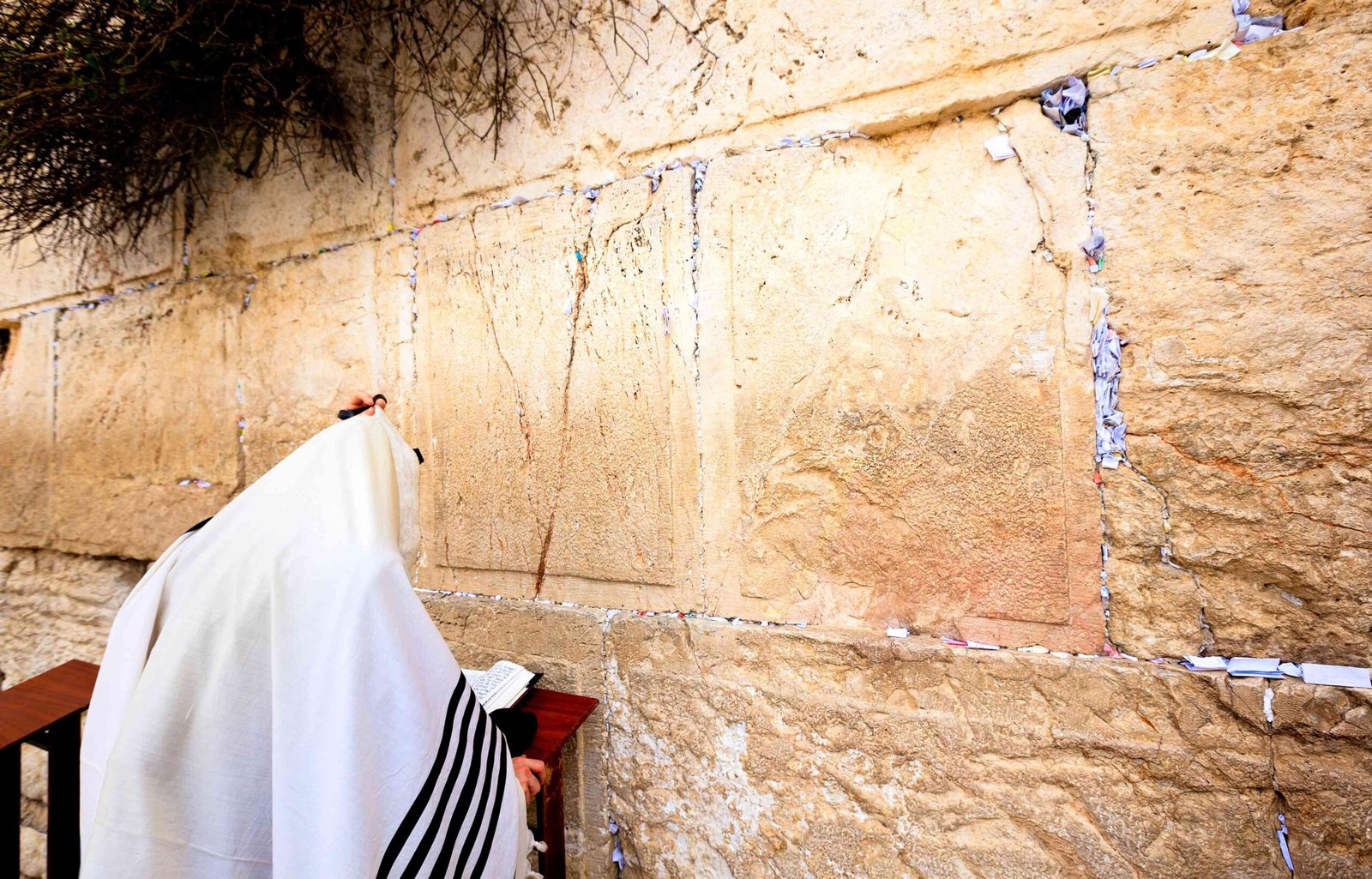Divorce is painful. However, you can minimize the pain by avoiding a messy high conflict divorce. A messy divorce is like watching a slow-motion horror film, which drains your bank account, hijacks your peace, and leaving emotional debris for years. It multiplies the pain and causes suffereing. It shreds your stability. And for many, it becomes a cost spiral they never anticipated.
People often say, “We’ll deal with it in courts.” But litigation has a price, and not just financial. Time, mental bandwidth, friendships, health, and even the safety of your children’s emotional development are all at stake. High-conflict divorces do not have a single battlefield, rather they operate on multiple fronts. Every area of your life becomes one.
Before diving into solutions, let’s clarify what a messy divorce actually looks like.
A messy divorce involves:
- Endless court apparencies
- Custody battles fueled by resentment
- Accusations and mud slinging
- Lawyers racking up billable hours while progress crawls
It’s no different from war. And like war, even if you win, you still lose something vital.
1. Legal Fees That Add Up Fast
Divorce legal costs spiral fast when both parties gear up for battle. In Israel, a high-conflict divorce can cost each party anywhere between ₪50,000 and ₪300,000. These numbers aren’t limited to the privileged or wealthy. Average couples find themselves drained by:
Attorney retainers that need to be renewed. Court filing fees that vary but accumulate with every step. Custody evaluations conducted by social workers or psychologists. Expert witnesses brought in to testify on parenting, assets, or abuse claims.
It doesn’t take long for these to snowball. Some couples find themselves selling property or liquidating savings to keep up with the demands of a litigated divorce. That is without counting the emotional currency spent, which often rivals the monetary figure.
In stark contrast, mediation divides the cost between both parties. The typical cost for a full divorce mediation process in Israel ranges from ₪15,000 to ₪80,000 in total. Mediation not only saves money, it saves time. While litigation may take years, mediation is usually resolved in six months or less.
With financial pressures in a high-conflict divorce already immense, why add more? Peaceful resolutions are possible—and far less costly.Divorce legal costs spiral fast when both parties gear up for battle. In Israel, a high-conflict divorce can cost each party anywhere between ₪50,000 and ₪300,000. These numbers aren’t limited to the privileged or wealthy. Average couples find themselves drained by:
Attorney retainers that need to be renewed. Court filing fees that vary but accumulate with every step. Custody evaluations conducted by social workers or psychologists. Expert witnesses brought in to testify on parenting, assets, or abuse claims.
It doesn’t take long for these to snowball. Some couples find themselves selling property or liquidating savings to keep up with the demands of a litigated divorce. That is without counting the emotional currency spent, which often rivals the monetary figure.
In stark contrast, mediation divides the cost between both parties. The typical cost for a full divorce mediation process in Israel ranges from ₪15,000 to ₪80,000 in total. Mediation not only saves money, it saves time. While litigation may take years, mediation is usually resolved in six months or less.
With financial pressures in a high-conflict divorce already immense, why add more? Peaceful resolutions are possible—and far less costly.
2. Emotional Costs: Stress, Anxiety, and Burnout
The emotional toll of divorce cannot be overstated. When conflict escalates, your nervous system enters survival mode. What follows is chronic stress—sleepless nights, tension headaches, panic attacks, and emotional burnout.
People often report feeling like they’re being pulled in every direction. You’re grieving a relationship, attending court hearings, managing daily responsibilities, and trying to survive emotionally.
Therapists treating individuals in the midst of messy divorces note high rates of depression, anxiety, and post-traumatic stress symptoms. These emotional effects ripple into your parenting, your work, and your ability to think clearly.
Mediation offers a less adversarial, more humane alternative. It focuses on problem-solving, not finger-pointing. The sessions are designed to de-escalate, to humanize, and to find common ground. Instead of letters full of legal threats, you find structured dialogue and measured compromise.
It doesn’t erase the pain of separation, but it shields you from additional trauma.
3. The Damage to Your Children
Children do not need to hear the words to feel the war. High-conflict divorce impacts children in ways both visible and hidden. It can:
Disrupt sleep routines and cause nightmares. Lower academic performance. Trigger attachment issues. Create trust problems that follow them into adulthood.
Studies from Tel Aviv University and the Israeli Ministry of Social Affairs found that children exposed to ongoing parental litigation were twice as likely to experience behavioral and emotional issues. This is particularly true in households where both parents remain physically present but emotionally at odds.
Even if custody hearings happen behind closed doors, the emotional atmosphere is thick. Children hear the tension. They observe changes in parental moods. And they internalize a deep sense of insecurity.
Mediation helps parents create cooperative parenting plans in a controlled and respectful environment. That cooperation is often the single most important factor in determining how well children adjust to divorce.
You’re not only deciding how to end a marriage. You’re deciding what kind of future your child will walk into.
4. Lost Productivity and Career Setbacks
How divorce affects work is often invisible at first. But over time, the signs show up. Missed meetings. Reduced performance. Declined promotions. Poor concentration.
People report feeling like they’re working while underwater—functioning, but barely. Employers notice. Teams compensate. Careers stall. Business owners find their companies suffering under the weight of personal chaos.
One Tel Aviv-based entrepreneur explained, “I postponed a funding round for six months because I couldn’t focus. My divorce consumed everything.”
Add to that the time spent attending hearings, filing paperwork, and meeting lawyers. You might burn through vacation days, or even face job insecurity.
Divorce mediation keeps you out of court and allows for flexible scheduling. It reduces missed work and mental fatigue. You can stay focused on rebuilding, rather than constantly reacting to legal emergencies.

5. Frozen Finances and Delayed Decisions
During a high-conflict divorce, you may face:
Frozen joint accounts. Court-ordered restrictions on spending. Delays in property settlements. Uncertainty around debt obligations.
You might want to rent a new place or change jobs, but legal proceedings delay everything. Some people report being in limbo for over two years—unable to move forward, invest, or even make decisions about their own possessions.
This kind of financial paralysis prevents healing. It traps people in an in-between life where every choice is on hold.
Mediation speeds up these decisions. Rather than wait for court availability, you and your spouse can negotiate terms in weeks, not years. Agreements can be reached and implemented in a structured, legally binding format.
If time is money, mediation gives you both.
6. Broken Relationships Beyond the Marriage
When a marriage ends in chaos, it sends ripples through your entire social world. Friends may take sides. Relatives might withdraw. Community members—whether religious, school-based, or cultural—often grow distant.
People begin to feel isolated. Invitations stop arriving. Whispered conversations become common. You may feel judged, misunderstood, or alienated.
It’s one of the most painful but least discussed parts of high-conflict divorce: the social cost.
Mediation reduces this fallout. It invites mutual dignity. It minimizes public scenes. Even if the breakup is known, the respect with which it is handled shapes how others respond.
Communities support maturity. They honor grace. Mediation preserves the opportunity for both parties to remain part of the social fabric—even if that fabric shifts.
7. Co-Parenting Becomes a Battlefield
Without structure, co-parenting devolves into a war zone. You argue over drop-offs, schedules, school events, holidays, and even minor decisions like bedtime.
Every choice becomes another front in the conflict. Communication disintegrates. The children become messengers or witnesses.
When things become unmanageable, courts may step in and appoint a parental coordinator—a professional who makes decisions for your family. These coordinators charge by the hour and are often necessary in the most broken co-parenting situations.
No parent dreams of having a stranger decide what is best for their child. But that becomes reality when litigation turns parenting into a battle.
In mediation, parents build structured parenting plans that anticipate and resolve conflict before it happens. These plans include:
- Holidays
- Education
- Religious practices
- Medical decisions
- Communication rules
That clarity protects your children from becoming collateral damage.
8. Emotional Baggage That Lasts Years
The legal end of a divorce rarely marks the true conclusion. In high-conflict cases, the emotional residue clings for years—sometimes decades. People often carry bitterness that resurfaces during milestones like birthdays or graduations. They experience guilt over past choices, especially regarding their children. And many develop deep fear when entering new relationships, convinced they’ll repeat past patterns or get hurt again.
This lingering emotional baggage becomes a lens through which everything else is viewed—parenting, dating, friendships, and even personal growth. It affects how people trust, how they communicate, and how they connect. For some, it leads to anxiety, insomnia, or depression that no longer seems connected to the original divorce but still dominates their lives.
Children are not immune. They feel the undercurrents of tension even years later. New spouses sometimes feel sidelined, competing with ghosts of conflict that should have been resolved long ago.
Mediation, unlike litigation, builds closure into its process. It focuses on resolving—not punishing. The goal is not to “win” but to leave the relationship with clarity, boundaries, and dignity. When handled with respect, the divorce becomes a chapter—not the entire book. Mediation offers a chance to move forward without dragging the battlefield behind.
9. The Money You Could Have Saved
Now imagine having that ₪100,000 or ₪200,000 back in your account. What would you do with it? You could fund your child’s university tuition, put a down payment on a new apartment, or finally launch that business you’ve been dreaming about. Maybe you’d use it to cover therapy, take a break to regroup, or simply create a cushion of stability as you begin this next chapter.
Every shekel spent on litigation is a shekel taken from your future. The cost of a contentious divorce doesn’t just hit your wallet—it impacts your emotional well-being, your ability to parent, your ability to move forward.
Divorce mediation typically costs a fraction—often as little as one-tenth—of what courtroom battles demand. That difference could be the start of your new life. Mediation allows you to keep more of your resources for what truly matters: healing, rebuilding, and making choices rooted in clarity, not conflict.
Choosing mediation doesn’t mean the pain disappears. It means you’re choosing to stop pouring money into the fight—and start investing in your recovery. You get to walk away with more than just legal closure. You walk away with options.
What’s the Alternative? Choose Mediation, Choose Peace.
Mediation is not surrender. It is strategy. It is structure. It is respect.
The benefits of divorce mediation include:
- Lower financial costs
- Faster case resolution
- Privacy from public hearings
- Healthier parenting frameworks
- Stronger emotional outcomes for all parties
You still have rights. You still protect your interests. But you do so with your sanity, your dignity, and your community intact.
About Me
I’m Shoshie Goldstein-Nissenbaum, a Toenet Rabbanit and experienced divorce mediator. I have spent years inside the Beit Din system, guiding individuals and families through some of the most painful and complex transitions of their lives.
I bring both deep halachic knowledge and a clear understanding of emotional nuance to each case. I specialize in high-conflict situations, where clarity, compassion, and steady guidance are essential.
I help my clients:
• Avoid the financial and emotional cost of litigation
• Minimize long-term damage for themselves and their children
• Create realistic, sustainable parenting agreements
• Navigate both halachic and legal systems with respect and care
You do not have to go through this alone. And you do not have to destroy each other to separate. With the right approach, divorce can be handled with dignity, empathy, and a vision for a better future.
Ready to Save Your Sanity?
You don’t have to go to war to end your marriage. Even if things feel overwhelming or already out of control, it’s not too late to choose a different path.
There is a way forward that protects your dignity, your children, and your future.
If you are ready for a conversation grounded in care and clarity, I am here.
Reach out when you’re ready. Let’s talk.










